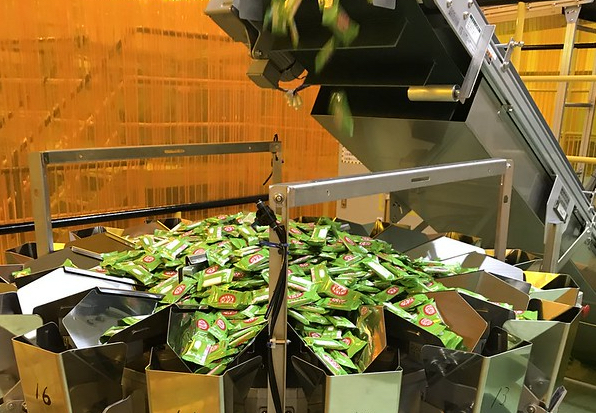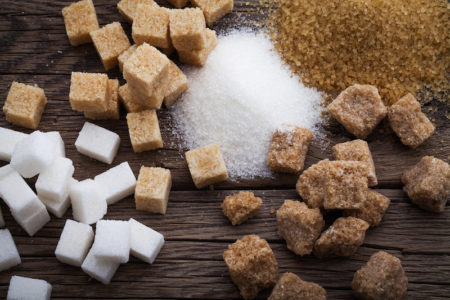Nestlé enhances its drive for 100% recycling for product packaging

The Nestlé global food and confectionery group has renewed its efforts towards delivering on its pledge of 100% of its packaging recyclable or reusable by 2025 and to reduce its use of virgin plastics by one-third in the same period.
As part of its ongoing commitments, the company has invested $30 million into programmes including a food-grade recycled plastics scheme in the US, with the company presently attaining a a total of 87% of its packaging already being recyclable or reusable.
Véronique Cremades-Mathis, Global Head of Sustainable Packaging, Nestlé, said: “We have made strides in our transformative journey towards a waste-free future, but we know that we have more work to do. As the world’s largest food and beverage company, we’re committed to putting our size and scale to work to tackle the packaging waste problem everywhere that we operate.”
Even as COVID-19 has presented more challenges, the company’s commitment to sustainable packaging remains the same. Nestlé continues to play a leading role in helping solve the issue of plastic pollution through its three-pillar approach launched in January 2019: This includes its developing new packaging as seen with its Smarties sharing block, a popular colour-coated chocolate confectionery product, is available in a recyclable paper wrapper within the UK.
For its second pilar, a focus on shaping a waste free future. This was evidenced last month when Nestlé Philippines reached plastic neutrality, meaning that it collected and co-processed the equivalent amount of plastic as contained in the products sold and prevented the further flow of plastic into landfills and oceans. Together with Project STOP, Nestlé creates a sustainable waste management system and helps reduce ocean plastic pollution in Indonesia. The company also embarked on a trial to collect, sort and process soft plastics in Australia.
Nestlé said it is also advocating for the design and implementation of affordable and effective mandatory Extended Producer Responsibility schemes. It has identified 20 countries, accounting for 50% of the company’s plastic usage, where the company will support recycling rates and waste management infrastructure.
Finally, driving new behaviour represents its third core target, which is being addressed through rolling out a sustainable packaging education and training program for over 290’000 employees, to accelerate change and help the company meet its packaging objectives. It has introduced a digital platform to help consumers dispose of their packaging waste appropriately in Italy, as well as establishing school education programmes, as has been seen recently in Argentina.
Additionally, the company announced that it is seeking to identify and support innovative solutions through the Nestlé Creating Shared Value (CSV)Prize, which launches 30 September. In partnership with the non-profit organisation Ashoka, the Nestlé CSV Prize will award CHF 250 000 in grants for system change innovations in areas such as alternative delivery systems and ground-up solutions to tackle plastic waste.
As the business added, the development and testing of new, more environmentally friendly packaging materials is driven by the Nestlé Institute of Packaging Sciences, the food industry’s first such enterprise. The institute has around 50 scientists who conduct cutting-edge packaging research to ensure the safety and applicability of new materials. Research outcomes include new refillable or reusable systems, simplified materials, high-performance barrier papers and the introduction of more recycled content to Nestlé’s packaging
The institute collaborates closely with more than 180 packaging experts embedded in Nestlé’s global R&D network, as well as with research institutions, start-ups, and suppliers. Nestlé will continue to introduce alternative packaging materials and new delivery systems, invest in infrastructure and work with consumers to help solve the packaging waste challenge.



